Research: Learning to Self-Manage
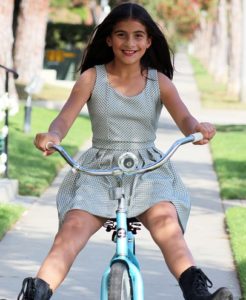 The ability to exercise self-control — even with a specific, self-imposed goal in mind — is tough, even as it develops with age. New research from the Harvard Graduate School of Education illustrates just how precarious willpower can be for young people: Middle school students who want to achieve a goal and who actively agree to suffer a consequence if they don’t achieve it may still be unable to change their counterproductive behaviors. It’s a reminder for teachers that simply encouraging students to “stay focused” may not help those students cultivate positive habits. Read more ›
The ability to exercise self-control — even with a specific, self-imposed goal in mind — is tough, even as it develops with age. New research from the Harvard Graduate School of Education illustrates just how precarious willpower can be for young people: Middle school students who want to achieve a goal and who actively agree to suffer a consequence if they don’t achieve it may still be unable to change their counterproductive behaviors. It’s a reminder for teachers that simply encouraging students to “stay focused” may not help those students cultivate positive habits. Read more ›
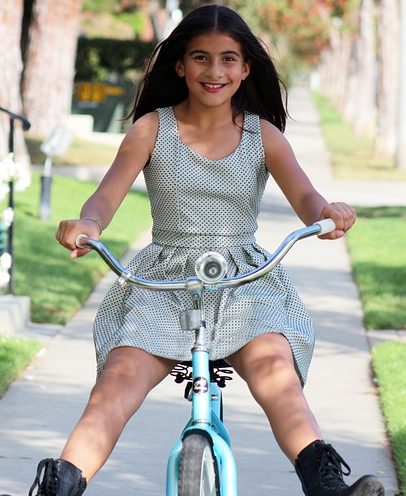
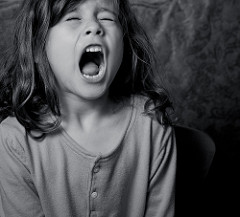
 Many young children struggle with frustration tolerance. Anger and frustration are powerful emotions, and children’s reactions can be intense in the moment. As adults, we know when our anger buttons are pushed. We know what we need to do to work through something frustrating in an appropriate manner. Kids, however, don’t enter this world with a pocket full of frustration management skills.
Many young children struggle with frustration tolerance. Anger and frustration are powerful emotions, and children’s reactions can be intense in the moment. As adults, we know when our anger buttons are pushed. We know what we need to do to work through something frustrating in an appropriate manner. Kids, however, don’t enter this world with a pocket full of frustration management skills. 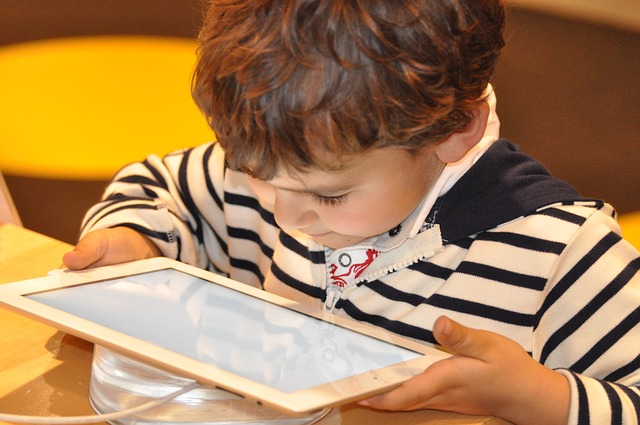
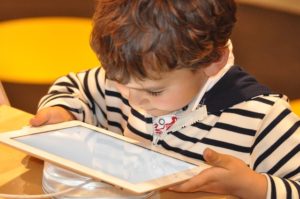 Digital technologies have added a new element of
Digital technologies have added a new element of 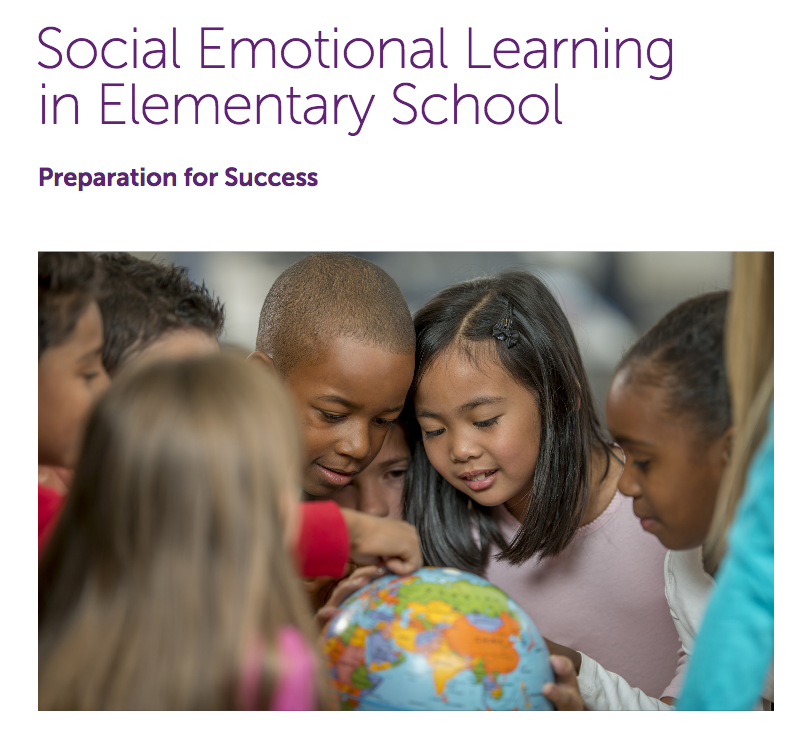
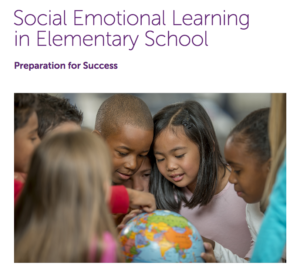 Social and Emotional Learning in Elementary School, produced by
Social and Emotional Learning in Elementary School, produced by 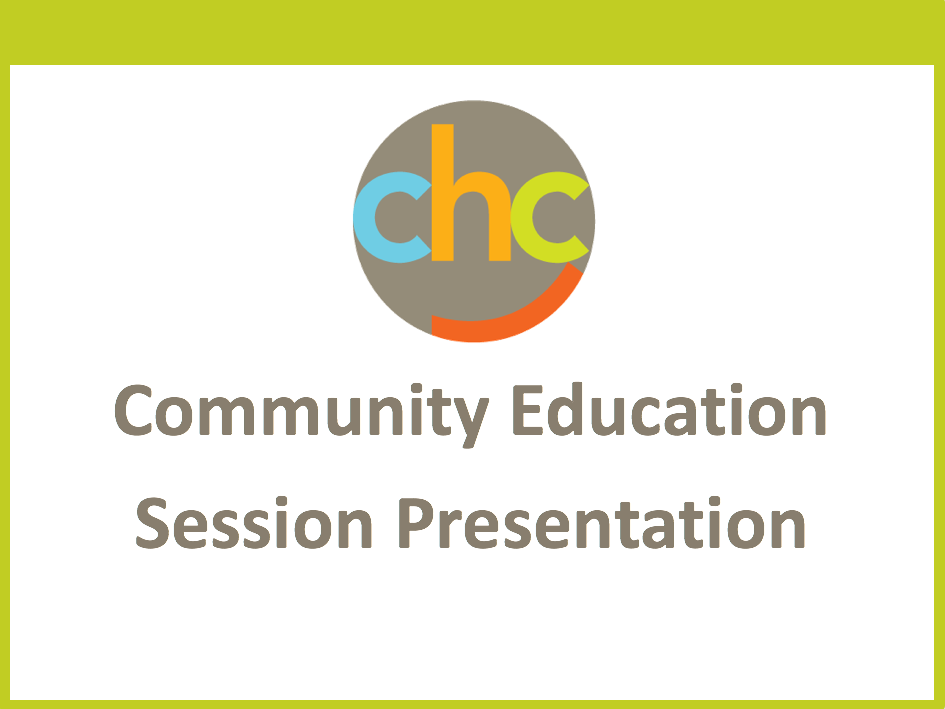
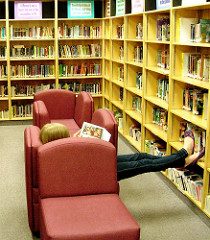
 There have been numerous studies showing that people who read fiction have
There have been numerous studies showing that people who read fiction have 
 Funded by the
Funded by the 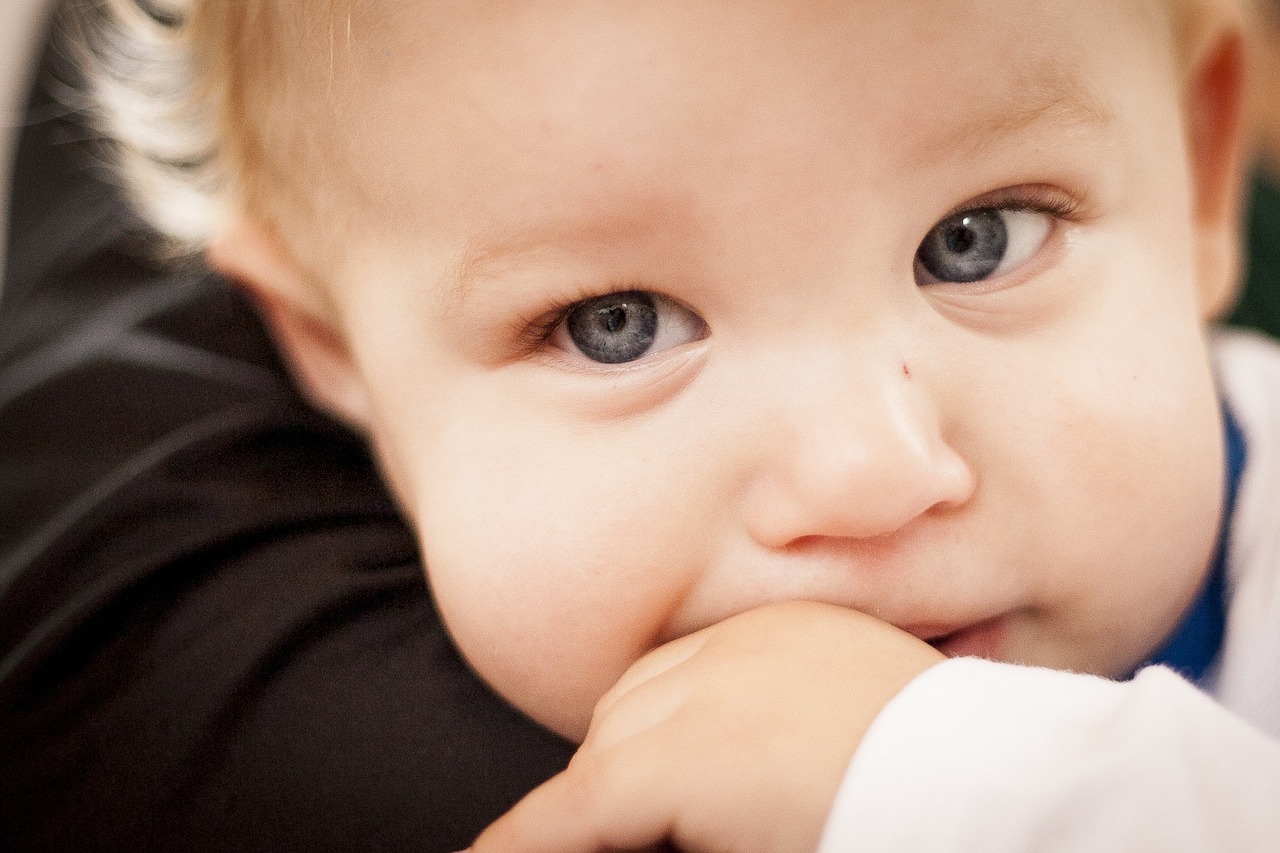
 How your child plays, learns, speaks, acts, and moves offers important clues about your child’s development. Developmental milestones are things most children can do by a certain age.
How your child plays, learns, speaks, acts, and moves offers important clues about your child’s development. Developmental milestones are things most children can do by a certain age.

